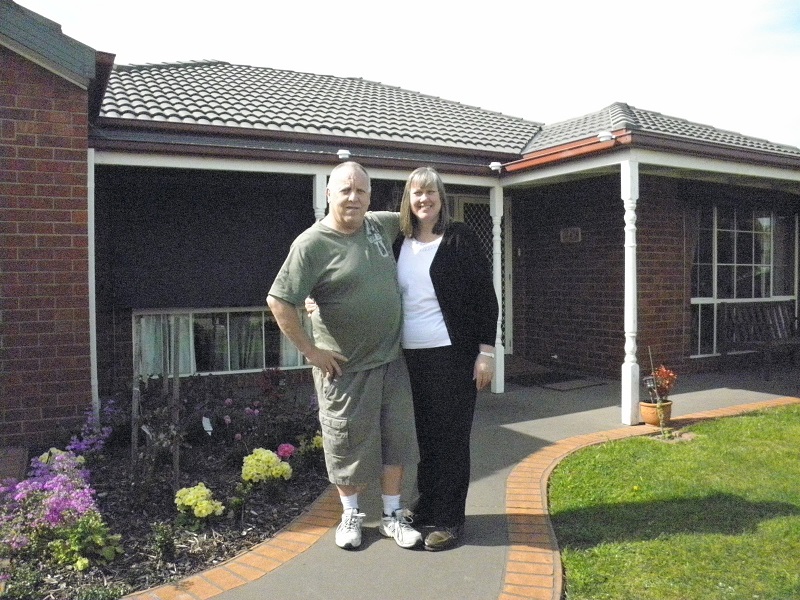Advocacy in the pandemic
The COVID-19 pandemic has forced many of us to look at how we can conduct business in different ways to support our veterans and families. Ex-service organisations (ESOs) have continued to provide advocacy services during times of restrictions and lockdowns in all states and territories.
Veteran Laurence ‘Laurie’ Mann is one advocate who has used technology to bridge the gap. Laurie’s advocacy journey began in 1998 when the original Plympton Veterans Centre in Adelaide helped him to submit his first claim to DVA. Laurie became a qualified advocate through DVA’s Training and Information Program (TIP), now the Advocacy Training and Development Program (ATDP), and says from that point on he never looked back.
Laurie is an ATDP-qualified advocate through recognition of his prior learning. Laurie provides advocacy services from the Limestone Coast Veteran Services Hub, which he set up after moving to Mt Gambier in 2019. He also operates from the Plympton Veterans Centre. Both service many clients and families.
A day in Laurie’s life as an advocate is never the same. It often consists of mentoring advocate trainees, working with veterans and families as well as community leaders and local politicians. He not only helps veterans make claims, but assists people with disabilities all across South Australia’s Limestone Coast.
Laurie says that the uptake of technology in providing advocacy services has also provided a way for him and other advocates in South Australia to reach clients in Perth, Cairns and Victoria.
‘Social media platforms have been a great form of communicating with veterans and their families throughout the pandemic,’ he said. Zoom and Microsoft Teams have also been helpful connecting people together.
Laurie and his ESO are exploring new ways of reaching veterans and families. Podcasts hosted by the ABC South East SA network are one way that they can provide useful information that is readily accessible. He has also initiated a regional veteran support reach-out process.
However, Laurie says that the work done by advocates will never be replaced by technology.
‘Technology has been a really useful tool for advocates during this pandemic, but it cannot replace the physical interaction and personal connection that face-to-face meetings with clients provide.’
Thank you for your service, Laurie.
If you are interested in becoming an advocate, please contact an ex-service organisation (ESO) in your area. You can also find information relating to the Advocacy Training and Development Program.
If you are looking for an advocate in your area, you can find an ESO that provides advocacy services through the Advocate Register.
Laurie Mann with his wife, Barbara

